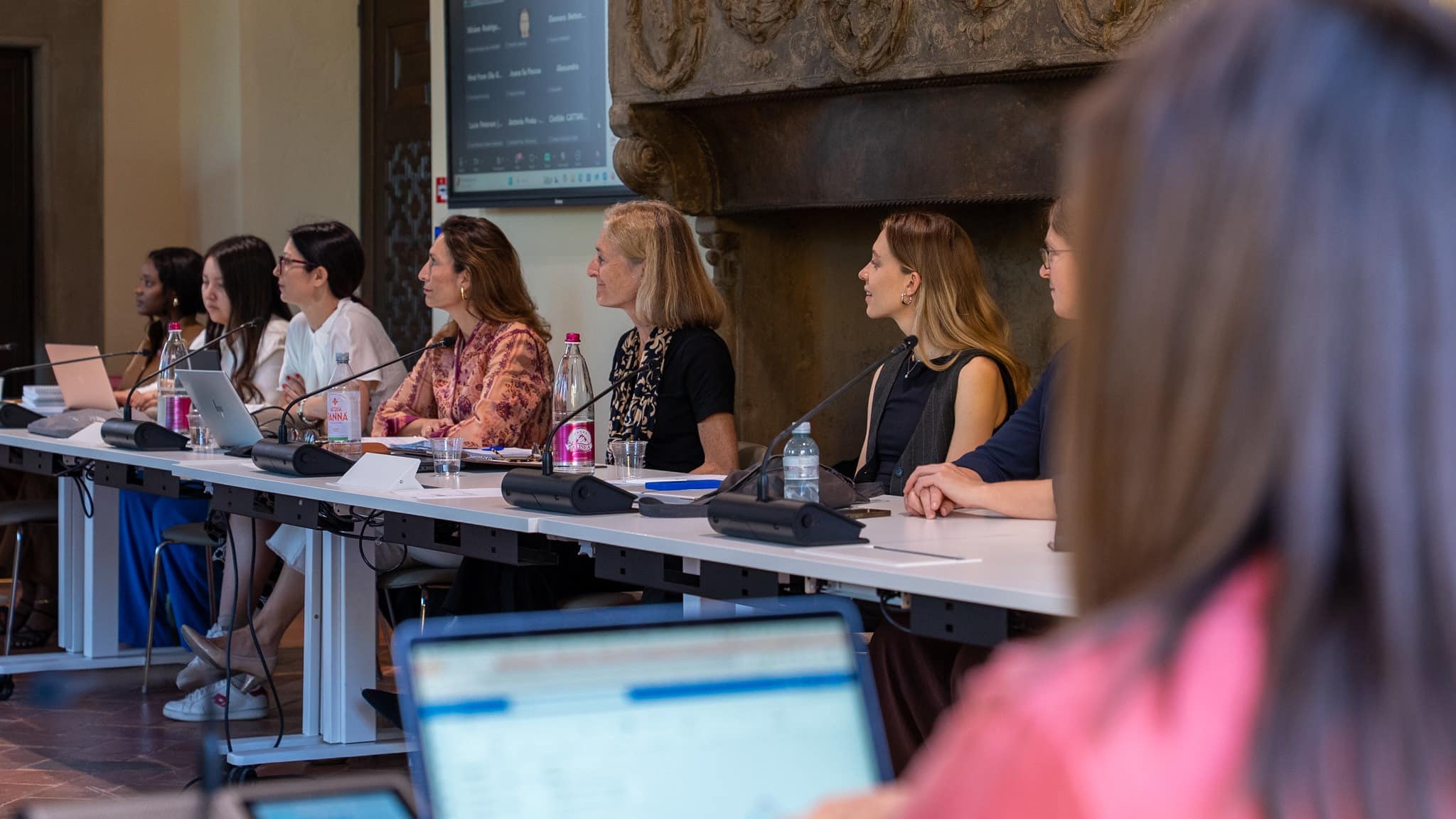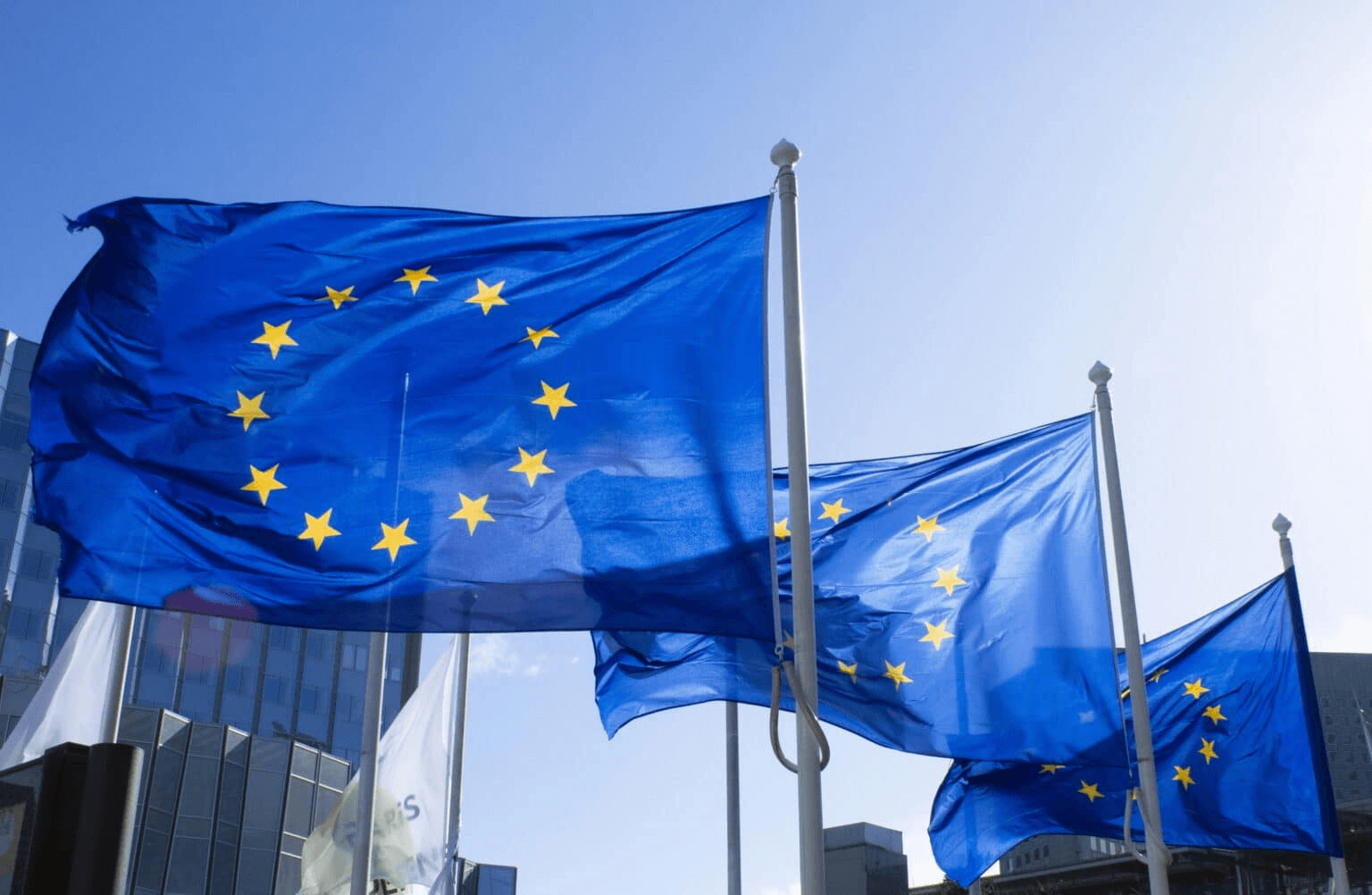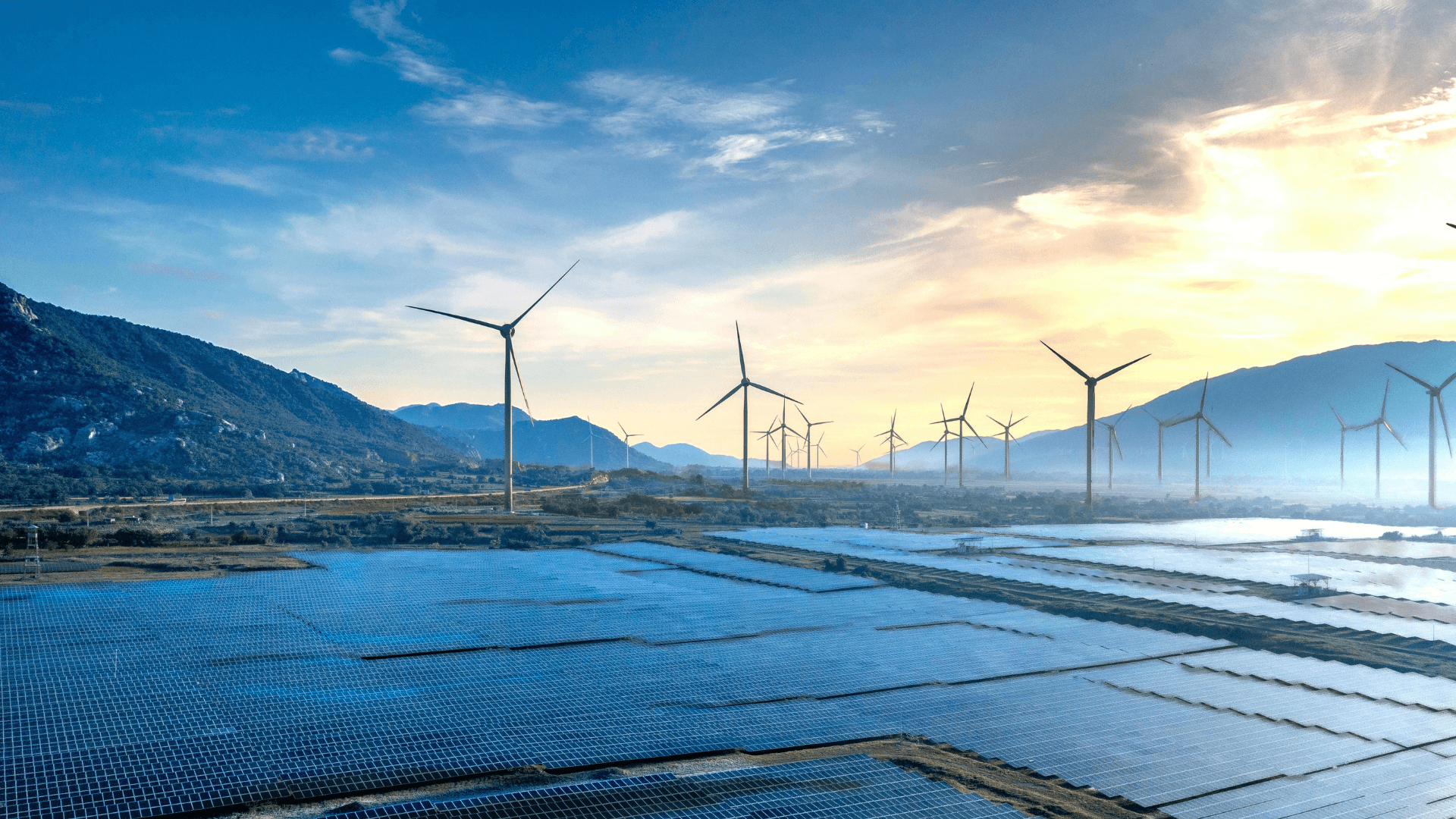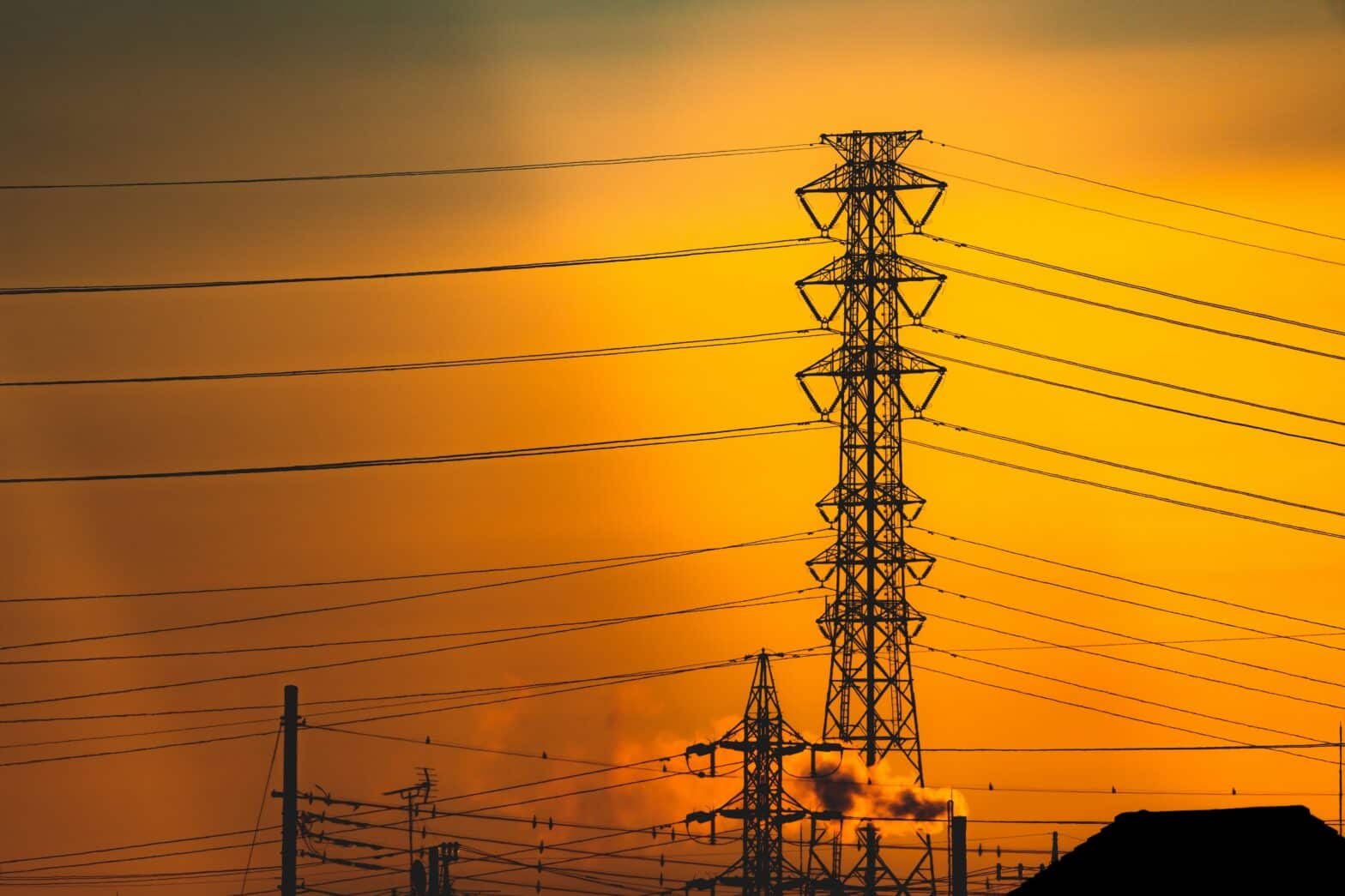Leveraging the New Connecting Europe Facility to build EU hydrogen grid

This webinare explored how innovative EU financing tools can support the early development of a clean hydrogen infrastructure while limiting taxpayer costs.
Watch the recording:
In the framework of the Commission’s new MFF budget proposal for 2028-2035, the Commission has proposed a greatly increased budget for the Connecting Europe Facility, from the current €5.2 billion to almost €30 billion, together with an updated CEF framework. In addition, it has proposed a budget of €67.4 billion for ‘Clean Transition and Industrial Decarbonisation’ under the newly proposed Competitiveness Fund.
In parallel to this proposed greatly increased funding for Green Deal relevant infrastructure, the Commission proposes a major update on how the CEF will be spent. Instead of being limited to grants, it may also be spent “in the form of a budgetary guarantee or a financial instrument, including where combined with non-repayable support in a blending operation….exclusively provided through the ECF InvestEU Instrument or GE delivery mechanism”. This is an important development in EU funding.
The German Anticipatory Loan Guarantee Mechanism, which has been approved by the Commission under the State aid rules, provides the first concrete example of such a mechanism for hydrogen grids that need to be anticipatory in nature – being built today but for the demand of the future whilst still keeping transmission fees low in the short to medium term.
This webinar will explore how the EU can leverage innovative financing mechanisms under the CEF and other instruments to accelerate the development of a robust, integrated hydrogen network at limited cost for the taxpayer, but one that will facilitate the development of the clean hydrogen market.
-
Christoph von dem Bussche, Gasunie Deutschland
-
Catharina Sikow-Magny, Florence School of Regulation
-
Lucie Boost, Gas Infrastructure Europe
Don’t miss any update on our events
Sign up for free and access the latest events from our community.













